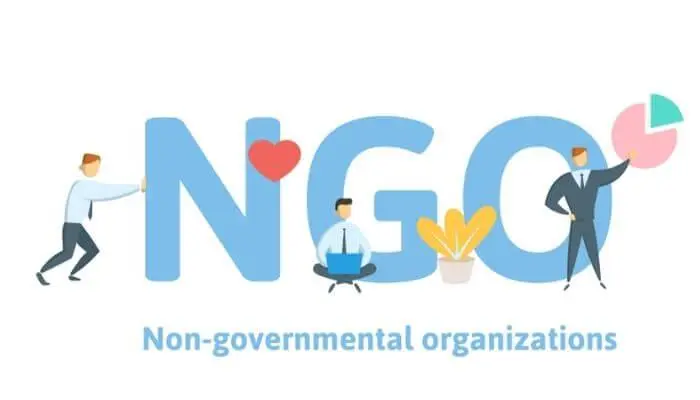The Centre for Communication and Social Impact (CCSI), in collaboration with EngenderHealth consortium partners, has commenced a two-day training in Kaduna for Civil Society Organizations (CSOs).
The training, which is for members of the Maternal Accountability Mechanism Initiative (KADMAM), focuses on developing and implementing SMART (Specific, Measurable, Achievable, Relevant, and Time-bound) advocacy initiatives. The goal is to advance Reproductive, Maternal, Newborn, Child, and Adolescent Health (RMNCAH) and strengthen Primary Health Care (PHC) systems in the state.
It served as a platform to bring together diverse stakeholders committed to driving social change and improving public health outcomes.
Participants included civil society organizations (CSOs), media representatives, and government officials from relevant Ministries, Departments, and Agencies (MDAs), as well as donor partners.
Their presence highlighted the importance of multi-sectoral collaboration in achieving lasting impact.
The main goal of the workshop was to enhance advocacy skills and empower participants.
By strengthening their capacity, the workshop aimed to enable them to more effectively demand action and accountability from government leaders.
Speaking during a presentation, the Kaduna State Primary Health Development Agency identified adolescent pregnancies as a major barrier to effective primary health care service delivery.
The Executive Secretary of the agency, Prof. Bello Yusuf-Jamo, represented by the acting Director of Family and Community, Habiba Ahmed-Aliyu, noted that both high adolescent pregnancy rates and community-level issues were significant challenges.
She highlighted cultural beliefs that discouraged health-seeking behaviours and incomplete registration of vital events like births and deaths as additional obstacles.
According to her, early child marriage is prevalent in northern parts of the state, while teenage pregnancies among unmarried adolescents are common in the south.
In spite of previous interventions, she noted that persistent funding gaps and workforce recruitment challenges remained setbacks.
She emphasised the need for functional PHC facilities and reiterated the government’s commitment to ensuring quality health services across all Local Government Areas (LGAs).
She outlined key pillars for achieving a strong PHC system: addressing stockouts through better forecasting and distribution, using digital tracking tools for visibility, expanding reliable last-mile delivery, strengthening supply chains, and institutionalising regular performance reviews.
Additional priorities, she said included community engagement, resource mobilisation, and strengthening staff supervision and mentorship systems.
Yusuf-Jamo also spoke about the “2+2 agenda,” which included renovating more than 290 PHC facilities, upgrading drug management to pharma-grade standards, equipping 255 PHCs with state-of-the-art medical tools, and improving ambulance services.
“Other interventions include better remuneration for health workers, legislation for prompt staff replacement, upgrading one facility per LGA to a Centre of Excellence, equitable recruitment, and the introduction of mentor-mentee relationships for knowledge transfer.
“The agency is also using Geographic Information Systems (GIS) to map LGAs and enhance targeted interventions.”
In his keynote address, Dr Anthony Shammah from the Gates Foundation stressed the urgent need for advocacy around maternal health issues.
He expressed confidence that the workshop would amplify the voices of CSOs and strengthen their advocacy capacity.
Co-chair of KADMAM, Garba Mohammed, commended EngenderHealth for the initiative and encouraged CSOs to work together to amplify citizens’ concerns on maternal and child health.
Earlier, Chayil Onazi, Programme Associate at the Centre for Communication and Social Impact, outlined the workshop’s objectives.
She said it aimed to build participants’ understanding of SMART advocacy and how to apply its principles to address context-specific RMNCAH and PHC challenges.
“The workshop also guides participants through conducting situational analyses, identifying key issues and their root causes, mapping advocacy targets, choosing effective communication platforms, and formulating SMART advocacy action plans.
“These plans will include basic monitoring frameworks to track progress and demonstrate impact.”



